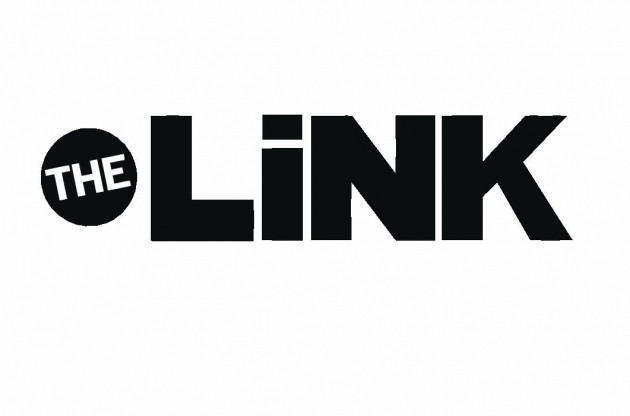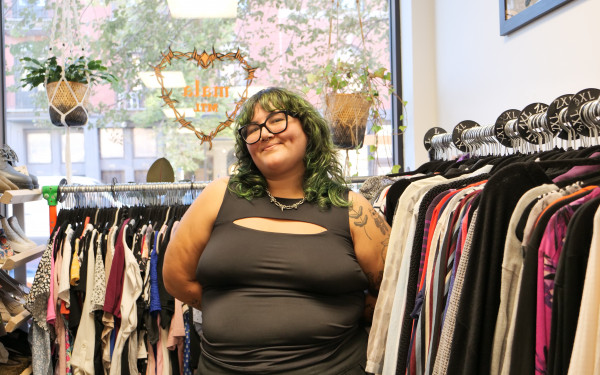Big Brother Is Stalking Your Profile
Facebook, Mark Zuckerberg, and the Problem of Control
There’s no online hassle more annoying these days as a Facebook redesign.
Not slow loading times, not the government taking down your favourite pirated movie website, not even an inability to find something despite literally an hour of Googling.
We’re all familiar with the collective groan of frustration uttered (on Facebook) every time the world’s most popular social media website’s format changes. Each new tweak agitates its users, however; it also marks another step towards Facebook’s ultimate goal—control.
Founder and CEO of Facebook Mark Zuckerberg’s most recent blog post, entitled “Our Commitment to the Facebook Community,” leaves no question as to what the company’s goals are.
Zuckerberg uses the word “control” a whopping 18 times throughout 1,400 word post, and it’s not accidentally conspicuous—he’s using it in an effort to instill faith in the website’s users that they have ‘control’ over the content that they upload and post to the site, that they get to decide who gets to see it, and how.
Last Tuesday’s blog post was written in response to a recent deal between Facebook and the U.S. Federal Trade Commission. The FTC took issue with many of Facebook’s practices—including the fact that the company has been selling information to advertisers.
“When I built the first version of Facebook, almost nobody I knew wanted a public page on the Internet,” wrote Zuckerberg. “That seemed scary. But as long as they could make their page private, they felt safe sharing with their friends online. Control was key.”
The agreement with the FTC is meant to force the company to be more transparent. Peter Pachal, writer for the popular news blog Mashable, said, “The message from the FTC to social media is now clear: if you put the desires of advertisers before the privacy of users, you will be stopped.”
So, now we can all sleep easy knowing the government is watching Facebook. Phew! But wait; what about all that stuff that, while scary, isn’t technically illegal?
Ben Parr, another Mashable writer, said, “Facebook’s goal is to become the social layer that supports, powers and connects every single piece of the web, no matter who or what it is or where it lives.”
Why? It’s simple—to make money. How? By making you feel emotionally attached to your profile. By getting your online social life to parallel, support—even supplant—your real social life.
And the terrifying part is that this strategy is working. We’re hooked. Think about how, when and why you use Facebook. And—deep breath—what you would do without it.
Do you even remember what your life was like before it existed? How did you spend your free time? Imagine all the people throughout history who graduated from university without ever checking to see if their crush was on Facebook chat.
It’s gotten to a point where the whole world seems to encourage us to use Facebook. In my journalism classes we are taught that we need to create and maintain profiles to forward our careers, and our friends constantly tell us that we need to use the site to stay socially connected.
Rather than policing our use directly, Facebook gets its users to encourage each other to spend more time interacting through it, making it all the more difficult to say no to.
Technology isn’t much help either. Thanks to their brilliant deal that enables users to ‘Like’ things on pages all across the web, that familiar blue square is never far away.
And if I so much as type the letter ‘F’ into the URL field on my browser, Facebook pops up immediately, asking me to press ‘Enter’ and be transported for all eternity into a world of vitally important status updates and cat videos.
But if there’s one thing I know, it’s that I don’t feel in control, Mr. Zuckerberg. I don’t feel in control of your strange, shadowy transactions with advertisers. I have no power over them—and neither do any of your users. You want to control our online world, but should we give you the power?
If we opt out, we risk doing damage to our professional lives, to our social lives, and, perhaps worst of all, discovering how much we really miss the useless minutiae of everyone’s lives.
I don’t know if I should give in, but as of right now, I don’t even feel like I ‘m in a position to even make a choice.




_600_375_90_s_c1.jpg)


